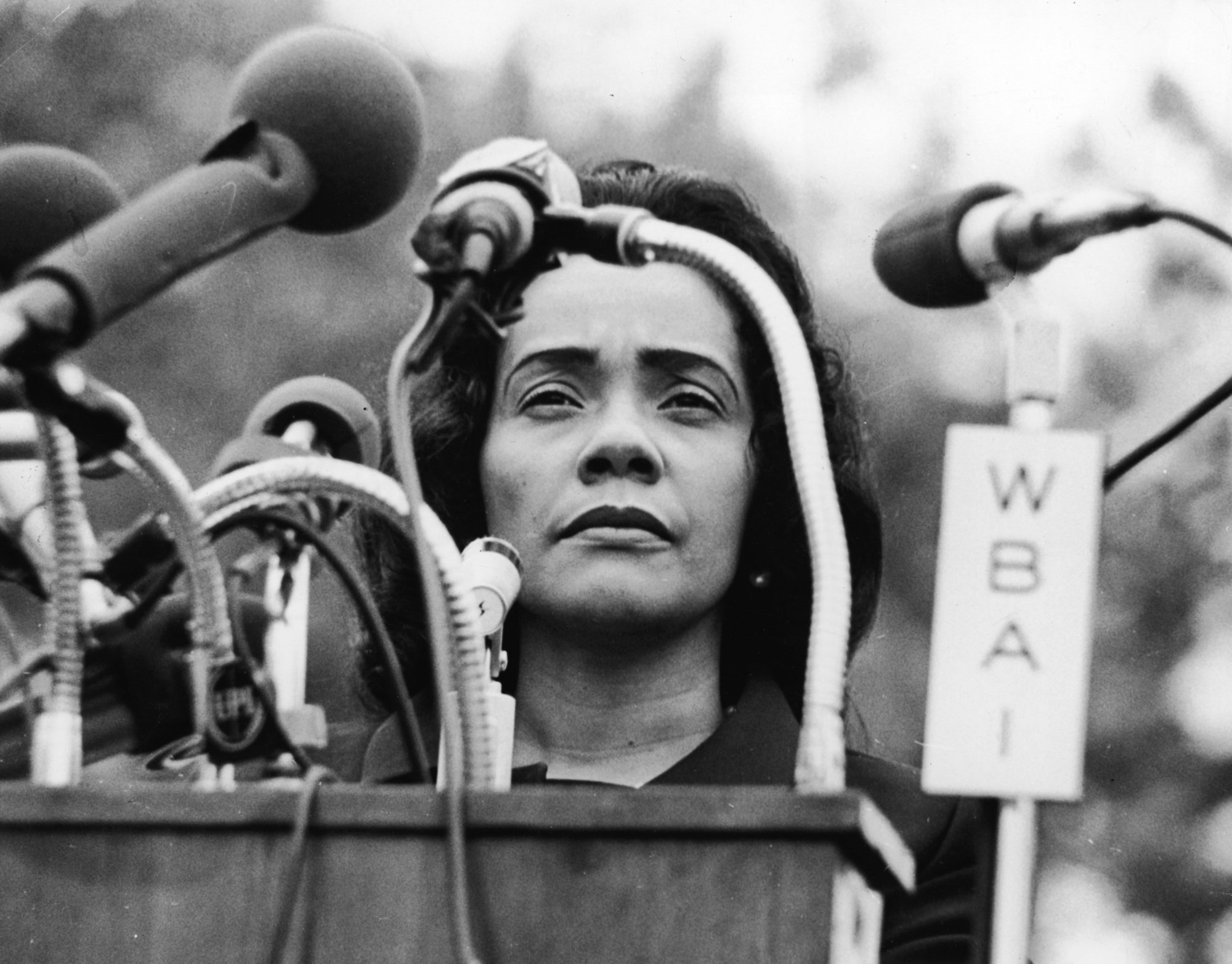I had the privilege of spending a couple of hours on the Martin Luther King holiday at MLK Now!, a gathering dedicated not only to honoring Dr. King’s legacy but also to spurring action on the issues he raised before he was taken from us 50 years ago this coming April.
In preparation for the afternoon’s event, I listened to a recording of King’s famous speech on the Vietnam War, delivered at Riverside on April 4th, 1967, just one year before he was assassinated. It is well worth listening to in its entirety, both for the inspiration it provides and for how sadly relevant his remarks remain today. The transcript of the speech is almost as powerful.
I have spent most of my adult life working on issues of peace and justice, and I have heard few clearer statements then or since of the inextricable links between racial justice, economic equality and peace than Dr. King’s Vietnam address. The passage in the speech that perhaps best sums up King’s foundational philosophy near the end of his life was his denunciation of “the giant triplets of racism, extreme materialism, and militarism.” Include the related issues of sexism and environmental devastation and King’s 1967 speech might as well have been given yesterday.
One difference between now and the moment of King’s speech is that the issues of peace and anti-militarism are not yet at the center of the progressive movements that have surged during the Trump administration. This is despite the fact that the United States is involved in at least seven wars – in Afghanistan, Pakistan, Iraq, Syria, Libya, Somalia, and Yemen; and the Pentagon budget is poised to rise to its highest levels since World War II at a time when the social programs of the 1930s and 1960s are under assault. There are many reasons for this, including what Dr. King would describe as the “fierce urgency” of fighting for racial justice, immigrant’s rights, environmental protection, and women’s rights in the face of increasingly open, ugly and ill-informed attacks on whatever progress we have been able to make on these issues in the 20th and 21st centuries. Another factor may be that the new face of warfare does not involve hundreds of thousands of “boots on the ground” as it did during the height of the wars in Iraq and Afghanistan, but relies instead on drone strikes, deployments of Special Forces, and the provision of arms and training – a more politically sustainable approach that has less direct impact on the vast majority of the American public.
Whatever the reason for the limited place of resistance to runaway Pentagon spending in today’s most dynamic social movements, that reality may be about to change. This spring Rev. William Barber and a large network of individuals and organizations are going to launch a full-fledged “Poor People’s Campaign” that draws inspiration from the movement Dr. Martin Luther King, Jr. was in the midst of organizing when he died 50 years ago. The campaign’s stated goal is to challenge “the evils of poverty, systemic racism, the war economy and the nation’s distorted morality.”
To come full circle, here’s another quote from a speech that I was first made aware of at this week’s MLK Now! event, given by Coretta Scott King just three weeks after her husband’s death, and one that is every bit as important as King’s April 1967 address at Riverside Church. In it, she emphasized the essential role of women in leading the fight for peace and justice, a phenomenon we are seeing again in today’s most vibrant social movements: “The woman power of this nation can be the power which makes us whole and heals the rotten community, now so shattered by war and poverty and racism. I have great faith in the power of women who will dedicate themselves wholeheartedly to the task of remaking our society.”
William D. Hartung is the director of the Arms and Security Project at the Center for International Policy.





















